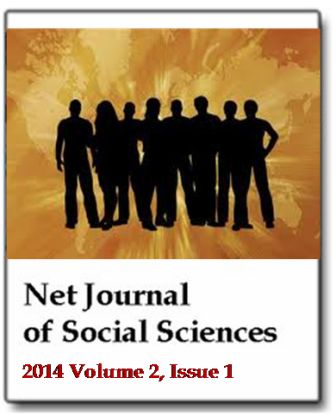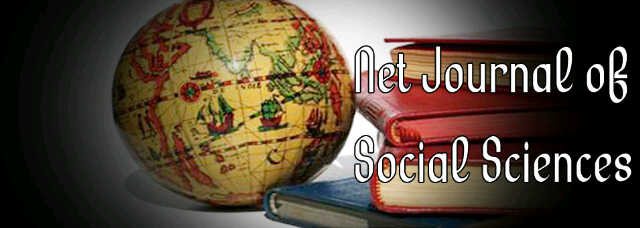A survey of the demand for money in Asian developing countries: Error correction models and autoregressive distributed lag models
Ahmed Y. AbdulkheirNet Journal of Social Sciences
Published: January 21 2014
Volume 2, Issue 1
Pages 17-23
Abstract
The concept of money demand looms large in the formulation and decision making of monetary policy. Thus, it has been the focal point of considerable economic research. This paper surveys some of the more recent research on the demand for money and the policy implications for Asian developing countries. By and large, the error correction model approach is the dominant methodology in most researches but the autoregressive distributed lag (ARDL) approach appears to be on the rise. Expectedly, the significant explanatory variables were found to be the income variable as the scale variable and domestic interest rate as the opportunity cost variable. In some cases, additional variables had to be included in the money demand function such as the exchange rate, the inflation rate and some external interest rate. Generally, the demand for money was found to be stable and the money supply can be used as a tool of monetary policy aimed at influencing the macroeconomic variables of the economy.
Keywords: Monetary aggregates, cointegration, Asian countries, money demand stability.
Full Text PDF
